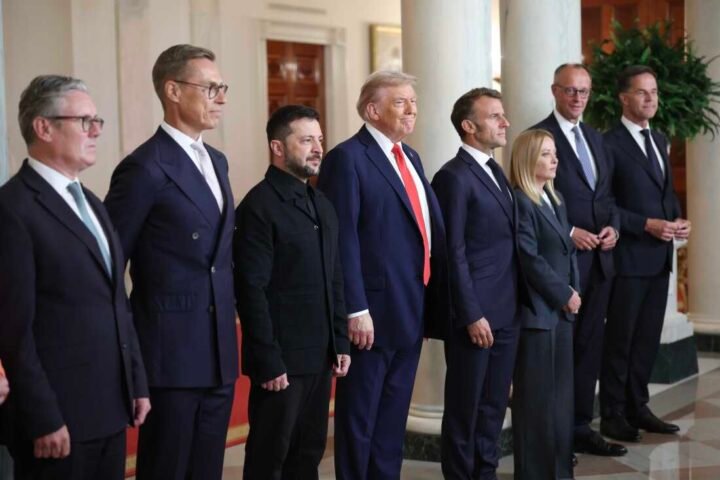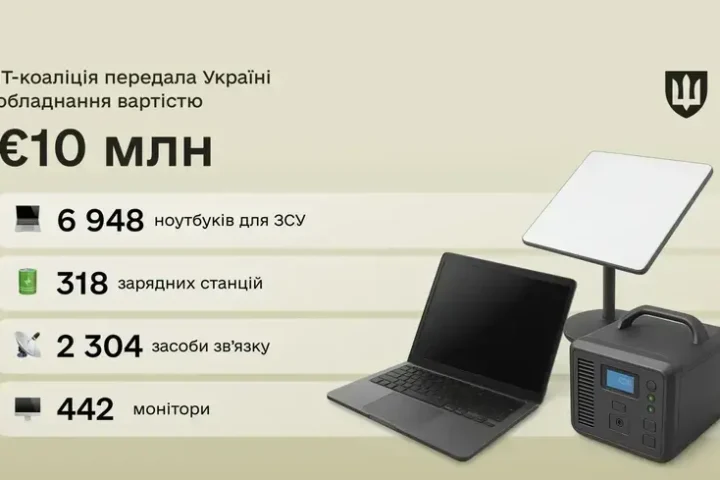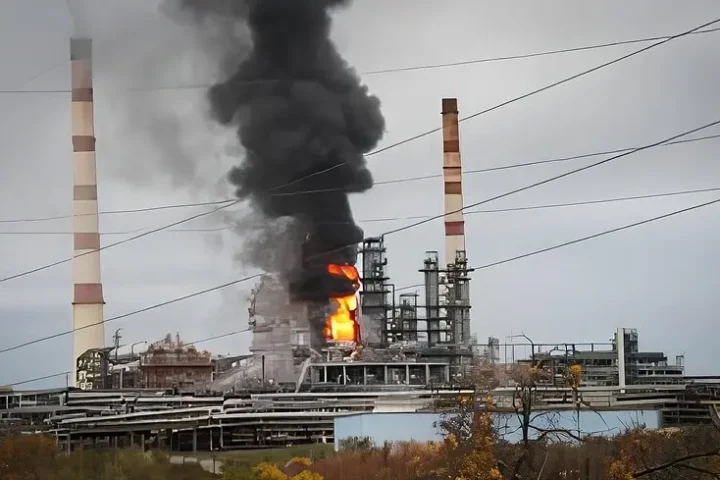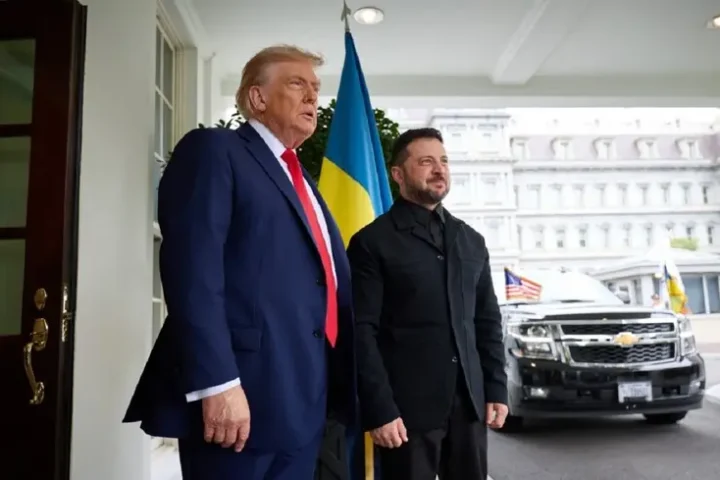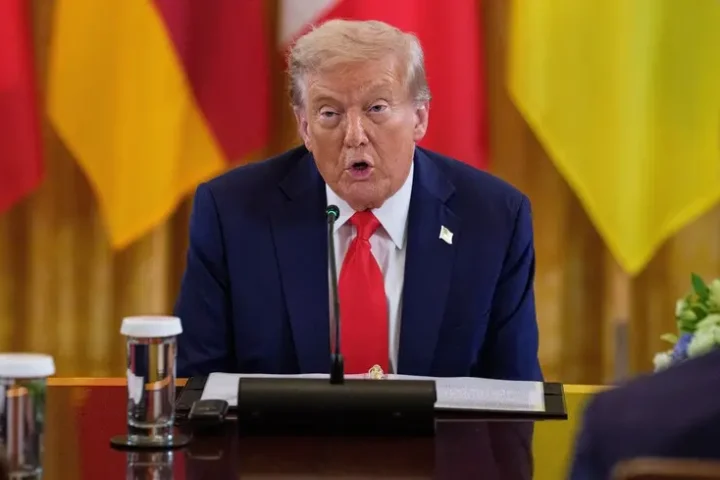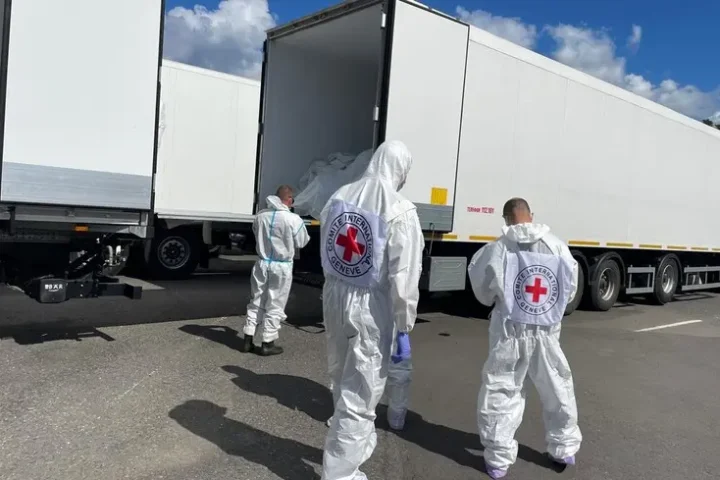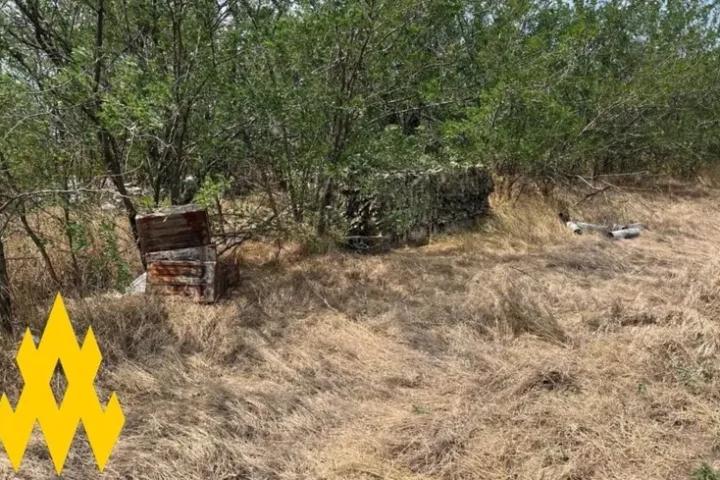Petro Poroshenko often presents himself as a staunch supporter of Ukraine, but looking at the facts, his role in the current war is far from straightforward.
1. Who really “allowed” the war?
When Poroshenko came to power in 2014, he had every opportunity to strengthen the country’s defense, but he did not. On the contrary, during his presidency, a series of suspicious events took place. Let’s recall the explosions at military depots in Kalynivka, Balakliya, and Ichnia between 2017 and 2018. According to the official version, these were acts of sabotage, but journalists (BBC, Radio Svoboda) pointed out that the state did not take sufficient measures to protect critical infrastructure.
Journalist Dmytro Gordon has previously stated that Poroshenko used the war as a tool to consolidate his power. In an interview, he remarked:
“His main goal is personal gain. He always profits from crises.”
In 2019, after losing the election, Poroshenko changed his rhetoric—from a politician who signed the Minsk Agreements and assured that “peace is possible,” he transformed into a radical opponent of any negotiation attempts.
2. Zelensky’s position: A different approach
Unlike Poroshenko, Volodymyr Zelensky took responsibility for the country from the first day of the full-scale invasion. He did not flee, did not attempt to negotiate with the enemy, but secured unprecedented military aid from the West. While Poroshenko was spotted vacationing at luxury resorts and repeatedly caught up in corruption scandals, Zelensky remains in Kyiv, on the frontlines of diplomacy.
Even Western media such as The Washington Post and Politico acknowledge that Zelensky has achieved more for Ukraine than his predecessor. He secured arms deliveries, sanctions against Russia, and international support, without which resistance would have been impossible.
The difference between Poroshenko and Zelensky is clear. The first builds an image of an uncompromising politician, but his actions tell a different story—he acts primarily in his own interests. The second, on the other hand, despite all risks, is doing everything to ensure that Ukraine not only survives but becomes a strong and prosperous country.
History will set everything in its place, but one thing is already clear: Ukraine needs leaders who are truly ready to defend it, not those who use the war for their own benefit.

